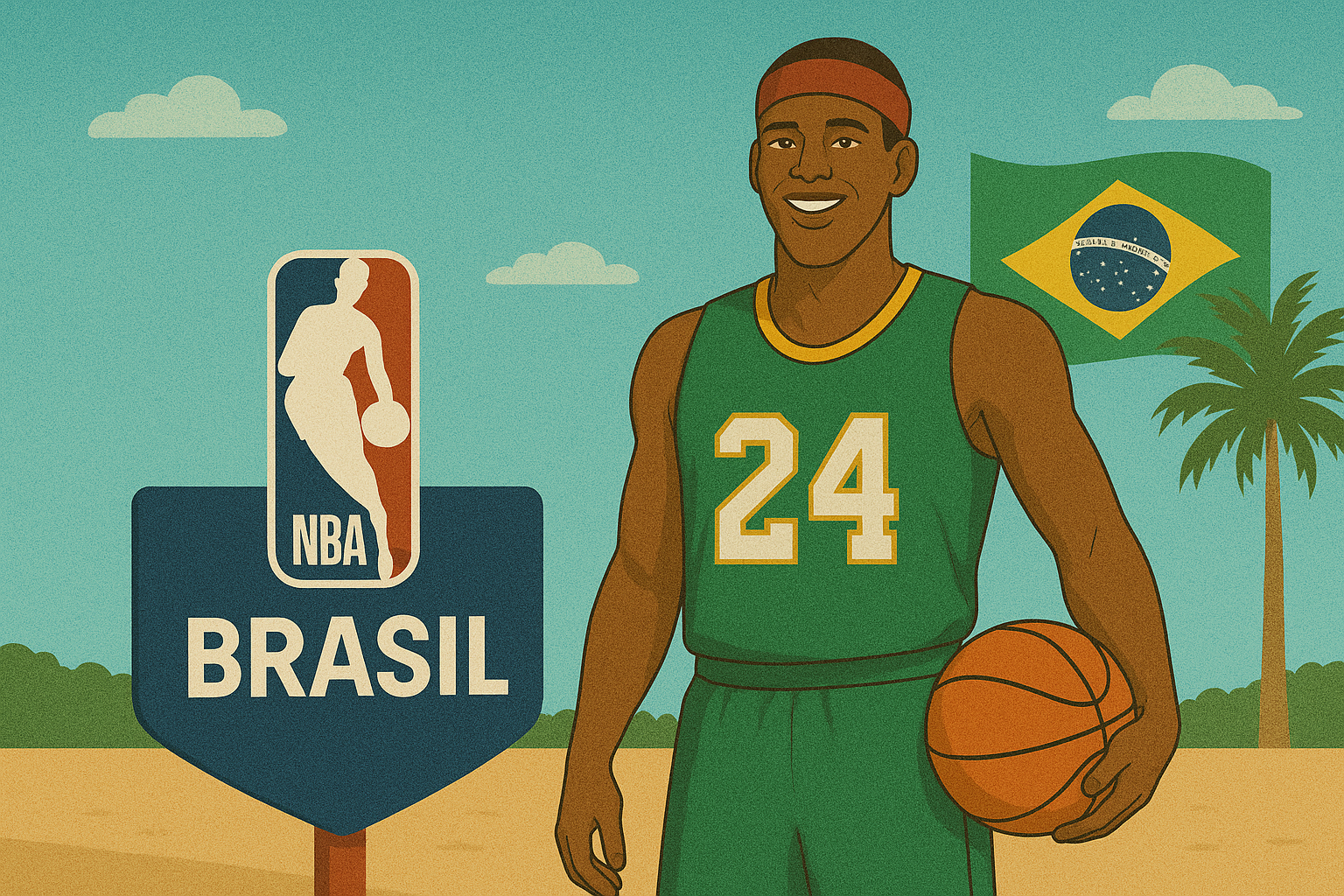The Internationalization of European clubs in Brazil
Despite many Brazilian players playing in the major European leagues, the internationalization of Brazilian clubs has become almost a utopia. But the presence of European clubs in Brazil is already a reality. By using platforms such as Facebook, Instagram, Twitter and TikTok, they have taken the first steps in gaining (even more) popularity in the Brazilian market.
How does internationalization happen?
Recently the host of MKTEsportivoCast, Eduardo Esteves, welcomed our CEO, Frédéric Fausser, to his podcast. Brazil is still an untapped market for many European clubs, as he mentions at the beginning of the discussion. Whilst Brazilian clubs face difficulties to achieve and enhance their visibility to other global markets. This is seen to be because of;
- International law implications and
- An undergoing process of change in their management culture
With international brand names led by PSG forward Neymar, European clubs have a great chance to open the tap on the Brazilian market.
Why European clubs are successful?
“European clubs are companies. They act like companies. Think about winning new customers, markets and are aggressive. Brazilian clubs still have an associative model, a lot of politics and management changes every 2 or 3 years. It is difficult to have a vision and build an international strategy in this context”, said Mr. Fausser.
Even outside their home markets, the European clubs have created social media pages with Portuguese content that are already rivalling Brazilians in engagement. Frédéric detailed the figures obtained by PSG and Liverpool;
PSG has 4 million Brazilian fans on Facebook and more than 6 million on YouTube. It is the largest community in the club world, ahead of France. The Brazilian followers of PSG, made them rank as the fifth-largest among clubs in the Brasileirão.
Liverpool recorded 110,000 interactions in September, more than several teams in Brazil’s top flight.We see in the metrics, many Europeans competing with Brazilians. And I talk about Brazilians being engaged by European clubs with content in Portuguese. The potential of the Brazilian market is fantastic!
So why is the competition is so high for the local clubs?
For European Clubs, internationalization does not mean only seeing a financial impact. It includes the augmentation of fan bases and strengthening of their brand in the region. On the flipside, Brazilian clubs see internationalization as a threat. It should be for them an opportunity for collaboration and growth with the help of sponsors. They know that localisation of content is a key element on their strategy.
A great example of this was how European clubs celebrated Peru’s Independence day. “Who would not like to see activations of a European club during the carnival of Rio de Janeiro” he added. When European clubs or NBA visit Brazil there always bring with them sports memorabilia to share with the local fans. A local and offline activation that is always underestimated.
In addition, most of the European players who come to the Americas decide to go to MLS rather than Campeonato Brasileiro, which makes Brazil’s internationalization tougher. If the opposite was to happen then they would definitely be speaking about monetisation through revenue generation and opportunities for branding.
Frederic highlighted the importance of a digital strategy and how it is the key to successful long-term results. Believing that the content production and marketing activations should be combined.
A huge opportunity for internationalization is with the regulations for sports betting, something that he highlights. Despite that the law was expected to come into force in the 2019 season, due to the pandemic it was postponed. So until it is over we will not fully see the opportunities it will offer. When it does it means that there will be even more opportunities for revenue generation.
Listen to the full episode, in Portuguese, on Spotify
Other News
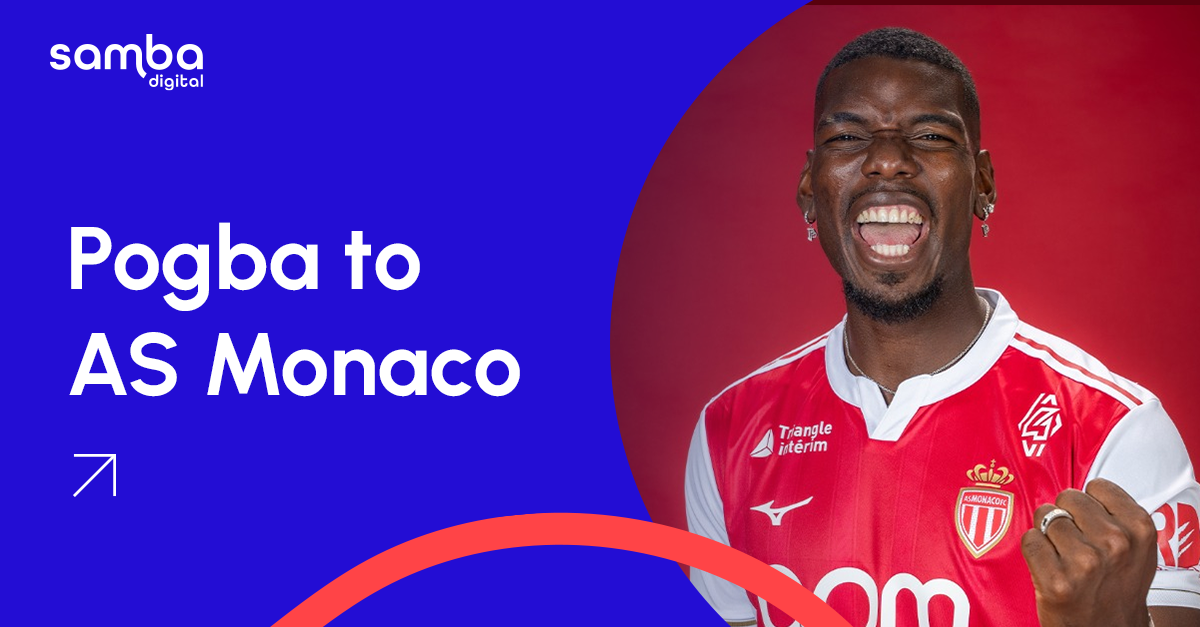
Paul Pogba at AS Monaco: A Powerful Driver of Engagement and Brand Value
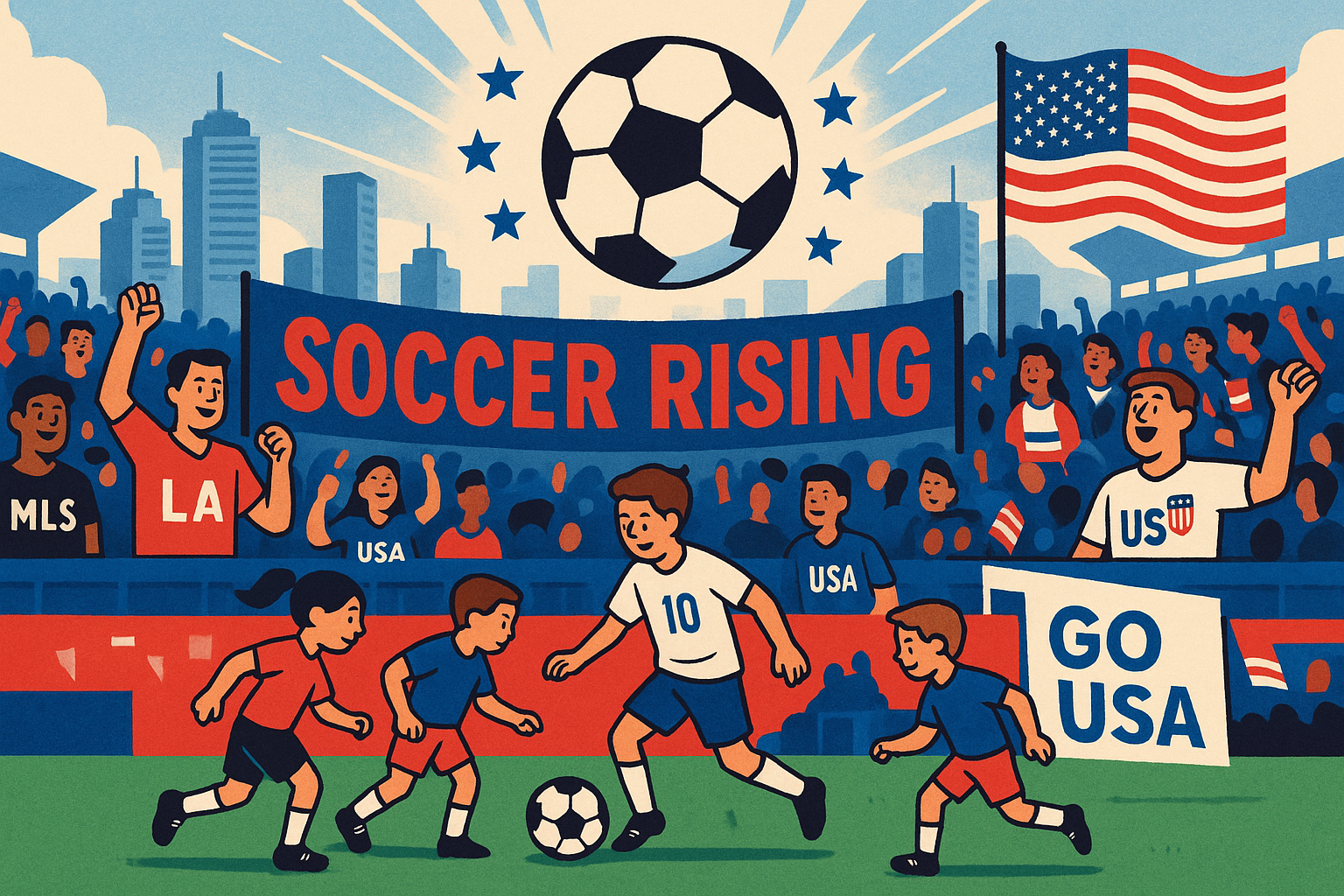
The 2026 World Cup: American Soccer Enters a New Era
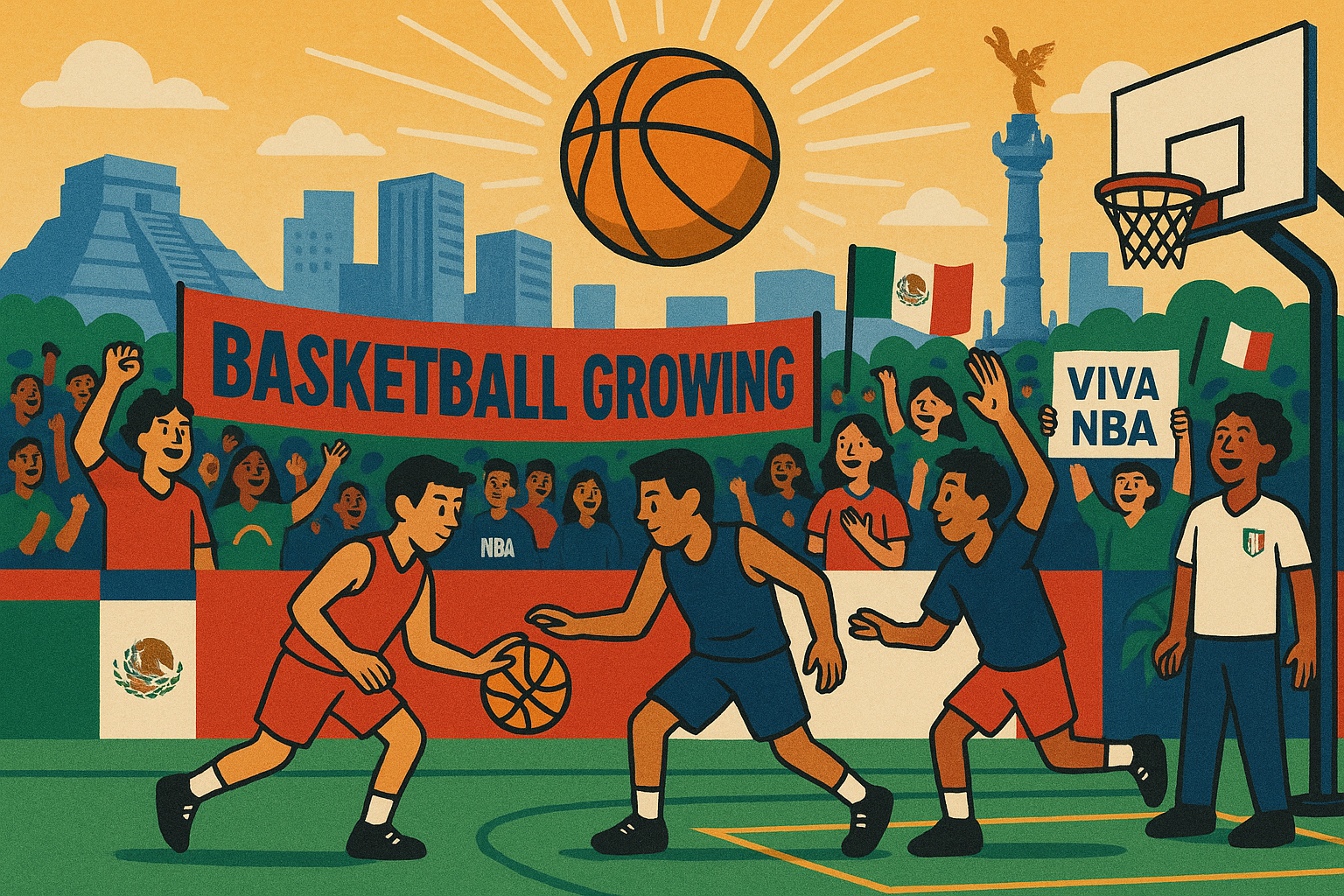
How Mexico Became the NBA’s Most Promising International Market
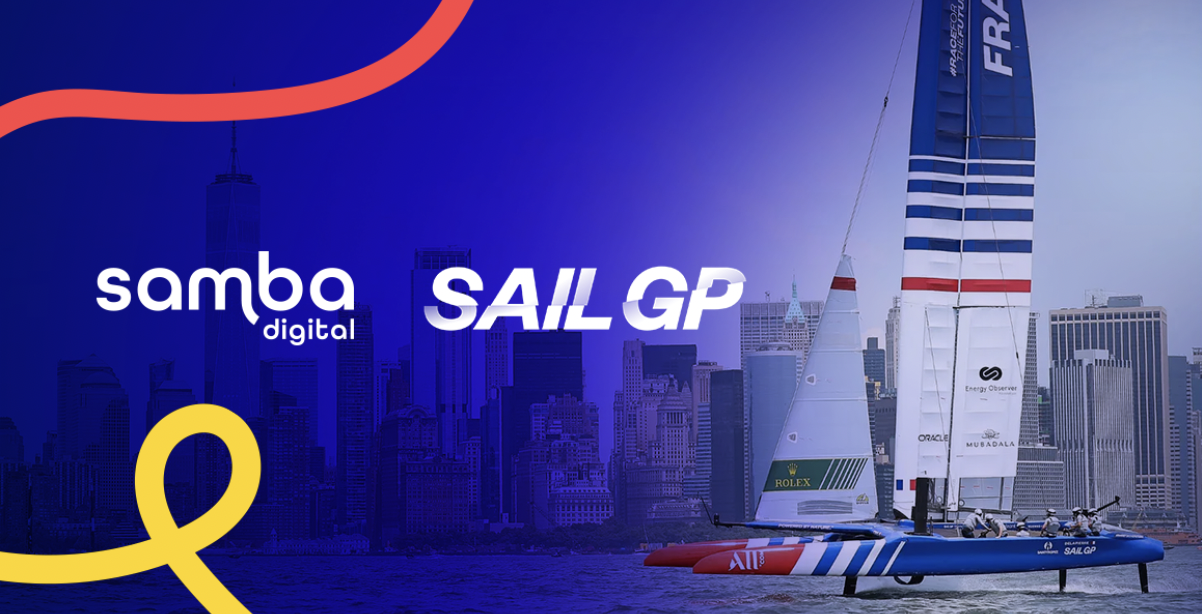
Samba Digital teams up with SailGP to strengthen its visibility through influence

Iron Heads join forces with Samba Digital to expand their global footprint
